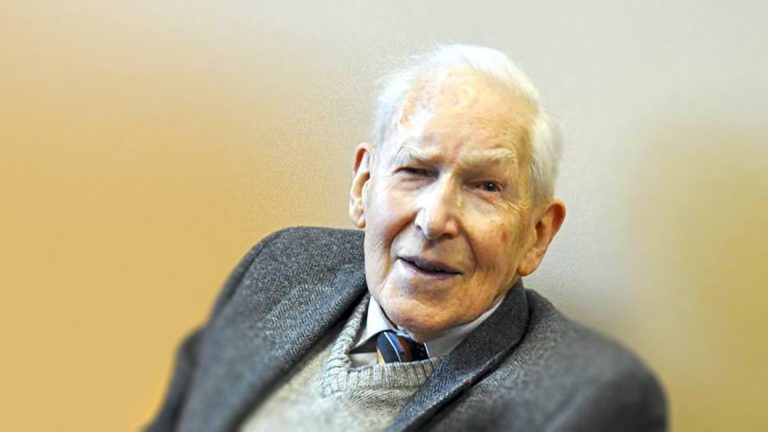
I was converted the same year that Knowing God was published.
The book was everywhere in the Christian bookshop I frequented, and eventually worked at, in my home town Southport, but it wasn’t until I was getting ready to go to University that I read it. I genuinely think it saved my life. My spiritual life at least.
In the opening, Jim draws a powerful picture about the difference between theology and discipleship. He talks about a road with travellers on it, and describes someone who sits on a balcony overlooking the road, observing the travellers, pondering the engineering, the road surface, where the road starts, the places it visits and passes by, and the ultimate destination. This is the theologian, who business himself with understanding the road. Theology can be done by anyone.
But the Christian, says Packer, is a traveller on that road which leads to the heavenly city. He is just as questioning, observant and analytical as the observer in the tower, but his perspective is completely different. He is on the road, and understanding it is different for him. It is not just intellectual curiosity—it is a matter of life and death for him.
This is what I needed to know and to have crystal clear in my mind as I embarked on a degree in Philosophy and Theology that would test my fresh-faced faith in Christ repeatedly over the years that followed. I was a traveller—a disciple—not a distant analyst. And I was walking the road with brothers and sisters, and in the footsteps of my Lord.
I studied at Bristol University, and was privileged to hear Jim lecture several times at Trinity College, a stone’s throw from my University Halls in the first year. It was a painful experience at first—he always said that he had two lecturing styles “slow” and “slower”. But as painstaking as it was to listen, you always left the hall with a sense that every word was weighed, tested, and had a hinterland of rich learning behind it. That he was a fellow traveller on that road with me.
And so as the shape of my Christian understanding was challenged, it was to his books that I gravitated for help. In studying scripture in a hostile liberal environment, the authority of the Bible under attack. I turned to Fundamentalism and the Word of God for help, and found, not just comfort for cherished, but baseless beliefs, but clear and profound arguments, and a richer understanding of the currents within evangelical thought.
When wrestling with the nature of God’s sovereignty, it was Evangelism and the Sovereignty of God that helped me to put the pieces together in a way that made sense of the scriptures and my life experience.
And when trying to understand the charismatic movement and the work of the Spirit, it was Keep in Step with the Spirit that helped me to rise about some painful experiences and embrace a positive attitude towards the Paraclete, when I had been in danger of becoming someone consumed by a divisive spirit.
Packer served my generation of Christians admirably by his writing. He will be remembered for his major works, and the many other books, magazines he contributed to. In fact, the joke was that someone should publish The Collected Forewords of J I Packer —he had written so many. But powerful as his serious writing was, I enjoyed his shorter blog pieces and articles much more, where, freed from the weight of publishing for posterity in books, the humble disciple of Christ, who loved to listen to jazz, and had a deep love for people, permeated his wonderful prose.
Thank you Jim for working so hard to keep me, and I suppose, many others walking the pathway with joy and insight. And thank you Jesus for saving and gifting such a man to your church. He may have lectured slow and slower in this life, but I hope is is praising you volubly and rapidly as he stands amazed in your presence, having reached the road’s ending.